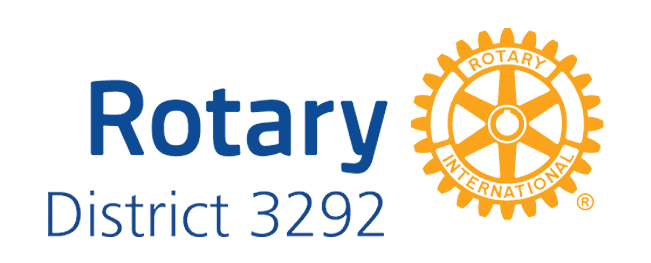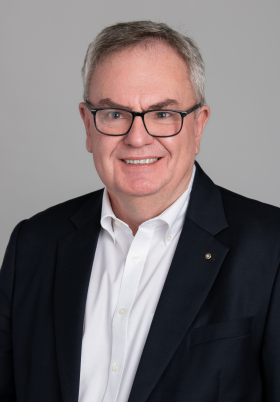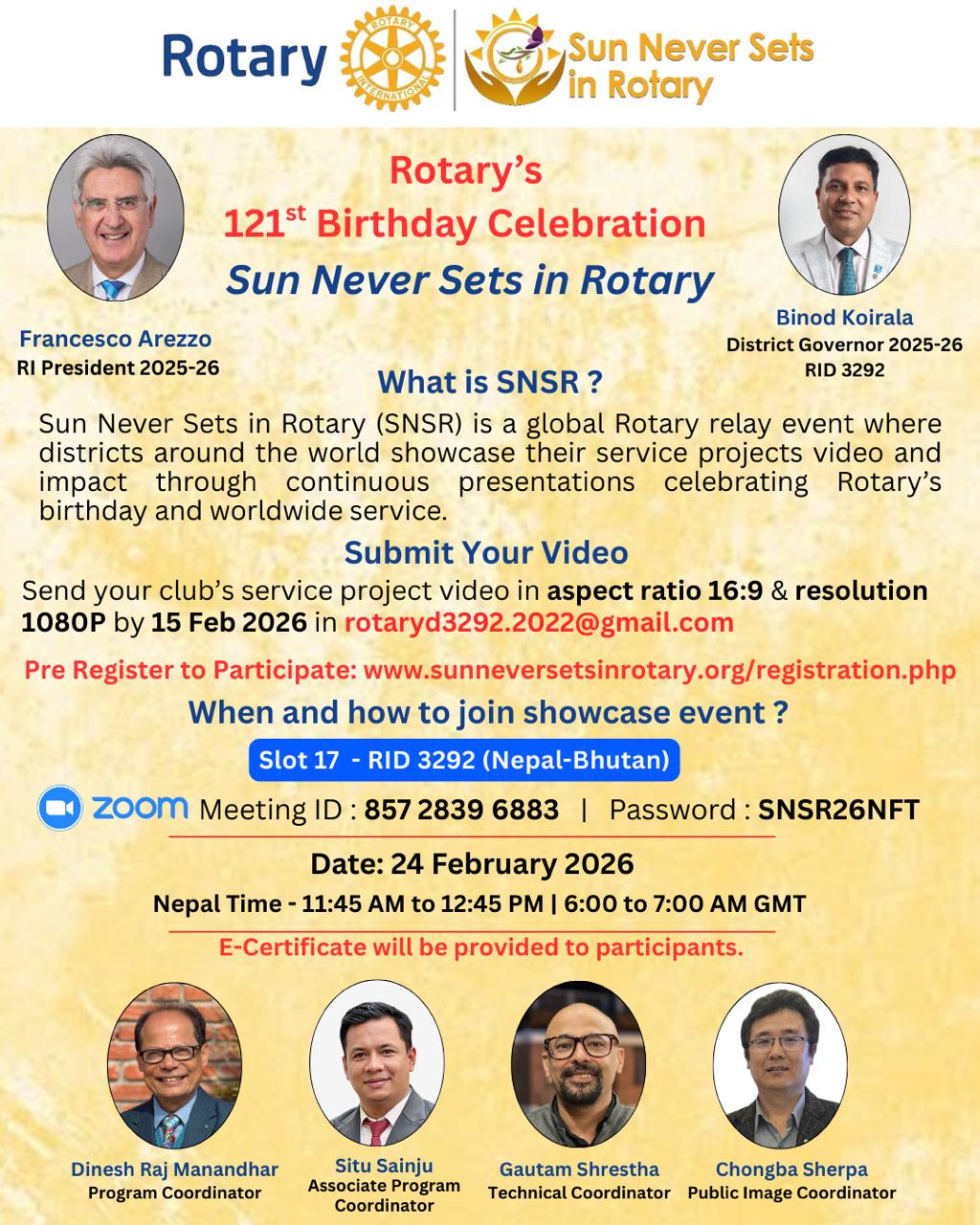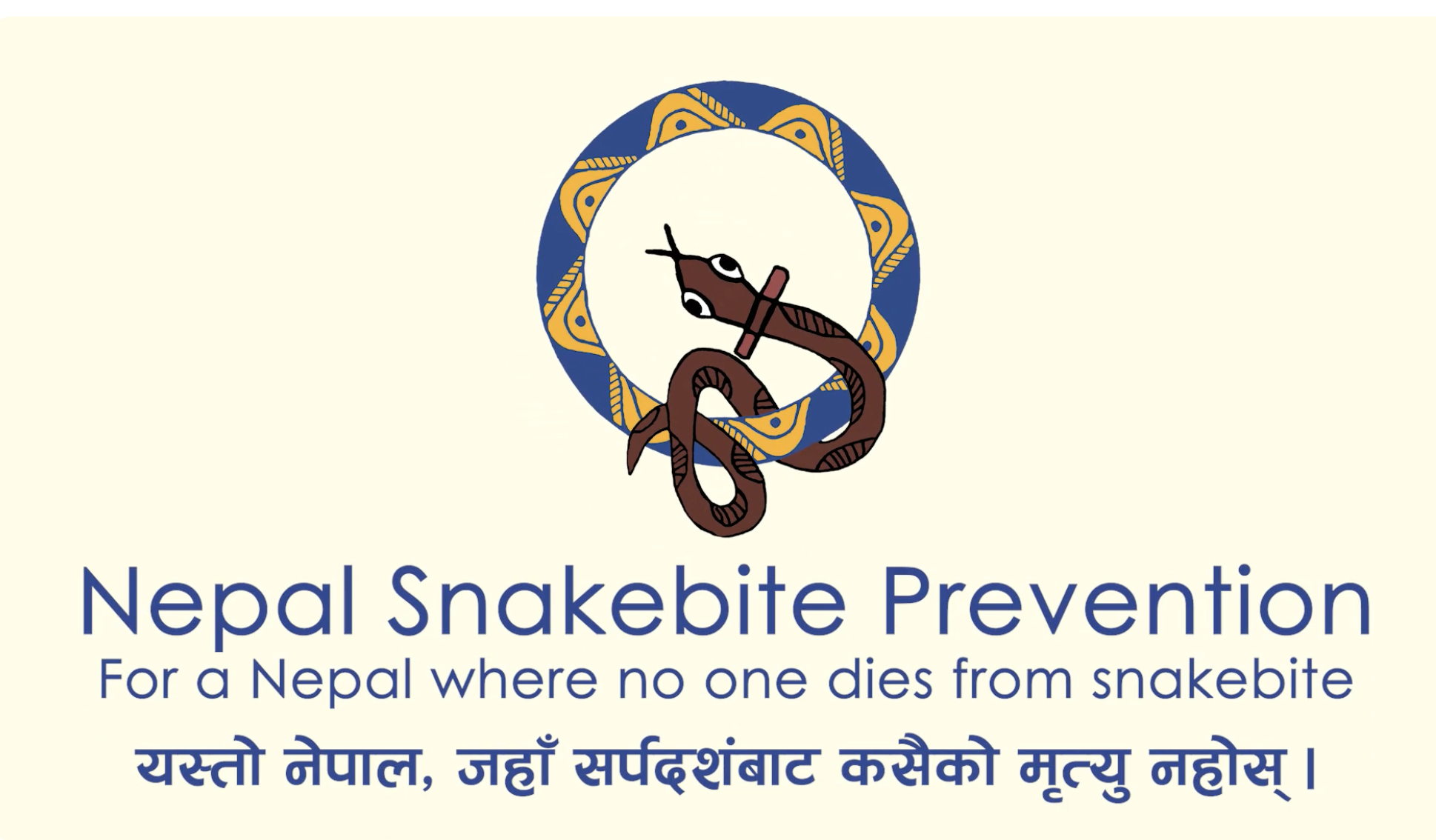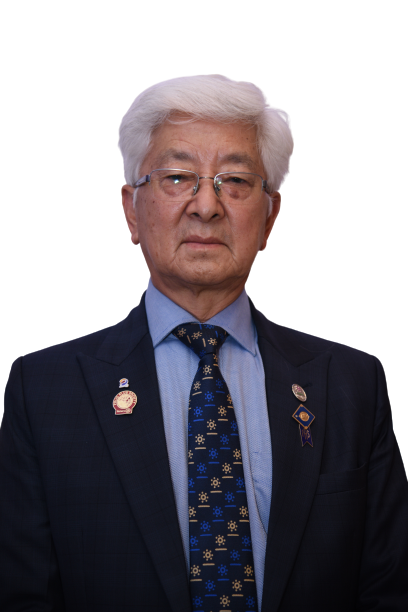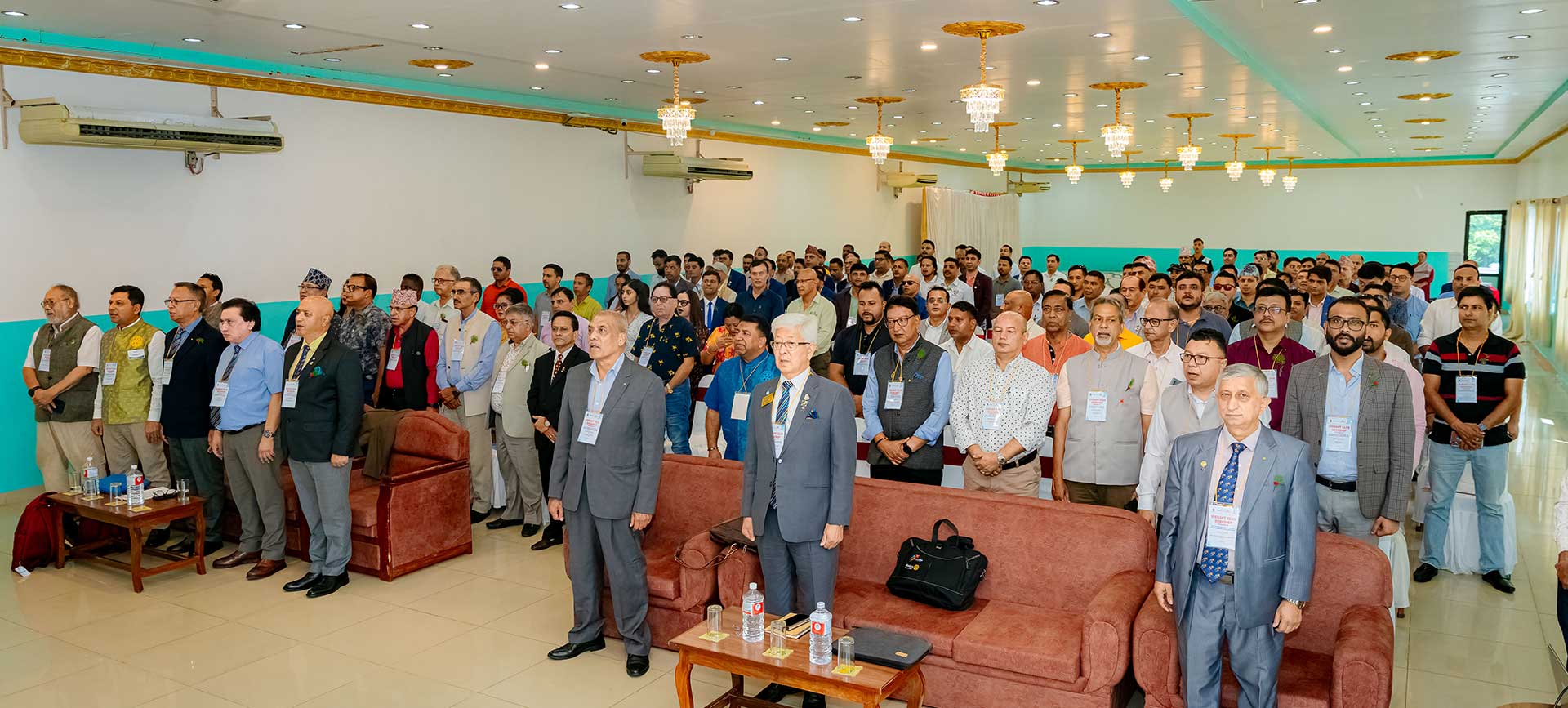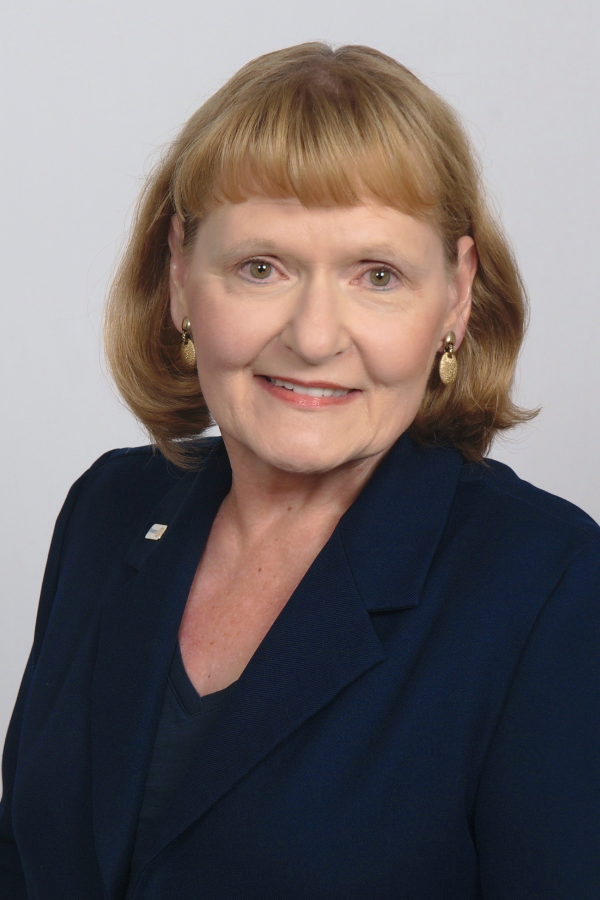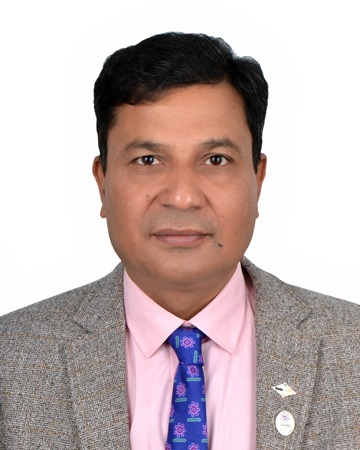December 2023
The term “natural” disaster has long been used to describe tropical storms, floods, earthquakes, and volcanic eruptions, but there needs to be an urgent shift in the language we use. While the term may seem harmless, and we’ve not always gotten it right, we’ve learned through our work with disaster-affected communities how it perpetuates a dangerous myth that nothing could have been done to prevent people being so badly affected. This misleading and harmful narrative can lead to a lack of action to help people who need it.
The language we use matters. When we frame disasters as natural, we fail to acknowledge the complex interplay between nature and the role of human actions and how they impact communities around the world.
Earthquakes, tsunamis, volcanic eruptions, and extreme storms, drought, and flooding occur because of natural processes on Earth. But it is how these events affect people or the environment that has the potential to make them a disaster — outcomes influenced by human factors like where people live, what types of homes they have, political instability, and the lack of proactive measures to protect vulnerable communities. A disaster is the result of systemic inequalities in access to resources and power. Where we live and how much money we have often determines our ability to recover. The people worst affected are those living in poverty, with the least means to protect themselves and few resources to withstand the next event.
By framing these events as natural, we undermine the need for proactive measures to protect vulnerable communities, masking the underlying social, economic, and political instability that makes marginalized and disadvantaged communities disproportionately affected. Our teams see firsthand how issues like inequality, poverty, urbanization, deforestation, and the climate crisis can make communities more vulnerable.
At ShelterBox, we simply say “disaster” or are more specific, describing the extreme weather, earthquake, tsunami, or volcanic eruption. I urge everyone to help us in breaking this cycle by committing to language that accurately reflects why people are affected so badly.
Only then does it pave the way to address the underlying causes of vulnerability and work toward a more just and equitable future for all, with the necessary investment, resources, and proactive measures to help protect affected communities.
Disasters are not natural. Let’s stop saying they are.
November 2023
Next year, Rotary takes a step toward supporting peacebuilding in the Middle East and North Africa region when recruitment begins for our newest peace center in partnership with Bahçeşehir University (BAU) in Istanbul.
A series of events in the coming year will recognize the new center at BAU and Rotary's work to promote peace. The 2024 Rotary International Convention in May will mark 25 years since the first Rotary Peace Centers were announced — coincidentally at the Rotary Convention in Singapore in 1999. Recruitment for the first cohort of Rotary Peace Fellows at BAU also starts in 2024, and selected candidates will begin their program in early 2025.
Since its beginning, the peace centers program has prepared more than 1,700 peace fellows working in more than 140 countries to create a more peaceful world. That is certainly worth celebrating, but Rotary Peace Fellows are more than statistics on a page. Their actions have helped Create Hope in the World and will continue to do so.
For example, Jennifer Montgomery and Gorett Komurembe — peace fellows from the program at Makerere University in Uganda — are co-founders of Magenta Girls Initiative. The international nongovernmental organization equips Ugandan girls and young women with the support and tools to overcome harmful gender norms, generational poverty, gender-based violence, trafficking, and trauma.
Ndzi Divine Njamsi, another peace fellow who studied at Makerere, has taken lessons learned about Positive Peace and is sharing them with students of his own in Cameroon. He became interested in the Rotary Positive Peace Activator training program after witnessing extremism, online hate speech, and violence in Cameroon. Since completing the program, he has brought his lessons on peace to students at the Yaoundé International Business School and other organizations in the Central Africa country.
The world needs more people like the graduates of the program at Makerere and our other peace fellows. To that end, we can all advance peace by encouraging our local peacebuilders to learn more about Rotary and apply for this impactful fellowship. Rotary members can also mentor candidates for the fellowship. Or you can work with peace fellows who have already graduated. They probably have an initiative or two that would benefit from your help.
Our peace centers in North America, Europe, Africa, Australia, and Asia depend on financial support as well. The program at BAU was made possible thanks to a generous gift of $15.5 million to The Rotary Foundation from the Otto and Fran Walter Foundation.
This new Rotary Peace Center will offer a one-year professional development certificate in peace and development studies for fellows focusing on peacebuilding within the Middle East and North Africa region.
Peace must be waged persistently; it is the soil where hope takes root. But as with any journey, we take one step at a time. Let’s take those steps together.
October 2023
The World Health Organization designates 10 October as World Mental Health Day, and with Rotary placing a special focus on mental health this year, I would like to help answer the question posed to me most often when I travel to meet members: How can my club get started?
There are some wonderful examples of Rotary members taking action already. In the Philippines, the Rotary Club of Tiaong-Hiyas held a 12-week health challenge for mothers in the community to promote some baseline health screenings and coaching on a healthier lifestyle.
By the end of the challenge, the mothers had a special bond and decided to form a Rotary Community Corps called Ilaw ng Tahanan (“one who lights up the home”) with the goal of involving more mothers in health education and wellness support — and later youth services, teen pregnancy prevention, and help with unhealthy substance use. Almost a year later, the RCC is preparing to open its own health center where mothers can come for peer-to-peer support.
Another strong example is in Colorado. In the fall of 2021, a small group of stakeholders from the Rotary Club of Highlands Ranch formed the Rotary Clubs of Colorado Endowed Fellowship for Pediatric Mental Health, which enhances the ability of Children’s Hospital Colorado to recruit and train pediatric psychiatry providers and allows the hospital network to make additional appointments. This increases access to mental health care for children and decreases provider shortages.
Since then, the project has brought on new supporters and is now fully funded with a $500,000 endowment. Investment income from this endowment will support a fellow — a psychologist or psychiatrist — at Children’s Hospital. A new fellow will be named every one to two years, beginning spring of 2024. Over time this will create a cohort to bolster the mental health workforce, treating kids from all 64 Colorado counties and neighboring states.
There are many more great mental health project stories on Rotary Showcase, and I invite you to share your experiences as you begin your own projects. Also, please reach out to mindhealth@rotary.org with any thoughts or ideas you would like to share about mental health in the Rotary world.
On 10 October, I will host a Facebook Live event when we will recognize World Mental Health Day and further explore how Rotary members can begin this journey. But I would like to leave you with one way every Rotary member can make a difference.
Right now, there is someone you know in the Rotary world — in your club, from a project you’ve worked on, in a Rotary Fellowship or Rotary Action Group — who could use a little more of your time and attention. Rotary is this great gift of global friendship, and that also means being there for each other.
Discovering the human connections that bind us is what we do through our membership every day. It’s what Rotary has always been about, and we can build on it by helping each other find peace at home.
We need to learn how to ask not just “How are you?” but also “How are you really?” By doing so, Rotary can continue to Create Hope in the World.
September 2023
The International Day of Peace takes place 21 September. The United Nations General Assembly declared this a day devoted to strengthening the ideals of peace through observing 24 hours of non-violence and cease-fire.
It is not enough, as People of Action, to simply avoid making war. If we are to Create Hope in the World, we must aggressively wage peace.
Where can we begin? There are countless armed conflicts around the world, and the global population of displaced people is higher than ever. The opportunities are nearly limitless, but the cycles of violence and hardship seem endless.
My advice is to start small but think big. I look to Rotary members in Pakistan and India for inspiration.
In March 2020, about 50 Rotary members from Pakistan met about 50 Rotary members from India at Kartarpur Sahib, a shrine in Pakistan. The sanctuary honors Guru Nanak, the founder of Sikhism, a religion practiced in both countries. Tensions between the two countries barred many religious pilgrims from India from visiting the shrine. That is, until Pakistan opened a visa-free pathway to them in 2019.
Earlier this year, Rotary members from opposite sides of the border again met at the shrine, this time with about twice as many participants.
Any work toward building peace needs to be brave and bold. What these Rotary members have done is just that. The Pakistani government took an important step toward peace when it admitted Indian pilgrims to the Kartarpur Sahib shrine, but Pakistani Rotary members took the next step when they welcomed Rotary members from India as friends and family. That is Positive Peace at work.
These peacebuilders did not stop there. Club representatives at this year’s meeting signed twin club certificates to recognize their long-term commitment to continue to learn from each other and to work together on more peacebuilding efforts, and they have held joint meetings via video chat.
The importance of communicating with and learning from another culture cannot be overstated, and Rotary is making it even easier to do so. One way of engaging in cross-cultural dialogue and building relationships across borders is through virtual international exchanges that build on our current programs and make them more accessible.
A virtual exchange uses online platforms to connect people from different parts of the world so they can share their traditions, priorities, values, and more. Virtual exchanges can serve as a window to another part of the world through activities such as teaching a digital cooking class, learning a new language, or even designing service projects with a global impact.
These online chats have the potential to inspire new connections and more respect between societies. Taking that knowledge and using it to better the lives of our fellow human beings is the next step.
Let’s see where it takes us.
August 2023
At the 2023 Rotary International Convention in Melbourne, I asked all Rotary members to become champions in our effort to illuminate mental health needs near and far. This includes helping one another feel more supported, advocating for mental health services, and building bridges with experts in the field to expand access to treatment.
It’s an important task and a big ask. But it’s also something that should feel familiar to every Rotary member — because everything we do is in the spirit of caring, giving, friendship, and compassion, and has been from the beginning of our organization.
We’ve grown into an amazing global network of 1.4 million interconnected community leaders — leaders who share a deep commitment to doing good in the world. But what makes Rotary powerful isn’t just what we do for the communities we serve. We also support and empower each other, by creating a safe space for our members to bring their whole, authentic selves. We show each other comfort and care.
These connections are deeply meaningful. The U.S. surgeon general recently declared loneliness a public health epidemic. Dr. Vivek Murthy said, “We must prioritize building social connection the same way we have prioritized other critical public health issues such as tobacco, obesity, and substance use disorders.” I am proud of what Rotary has done across generations to build those kinds of social connections — and this magazine focused on loneliness and what Rotary can do about it in its January 2023 issue.
Our worldwide community and our foundational value prioritizing Service Above Self makes Rotary a powerful global advocate for mental health. A recently published study by Ohio State University found performing acts of kindness was the only one of three mental health interventions tested that helped people feel more connected to others. Study co-author David Cregg said, “Performing acts of kindness seems to be one of the best ways to promote those connections.”
This research suggests what we’ve known all along — that doing good helps transform not just the communities we serve, but it also transforms us. As we put a greater focus on mental health, let’s not think of this effort as something new to Rotary, but rather as something we can do better and as a result have a greater impact on ourselves and the people we serve.
We are not starting this effort from scratch. The Rotary Action Group on Mental Health Initiatives has been focused on these kinds of issues for several years — and we will be looking to members of that group for leadership as we continue to build awareness.
Mental health care fits comfortably within several of our areas of focus. As of May, there are 41 global grant-supported projects with a mental health focus. Many of them have tremendous promise, and we will be highlighting them in the months ahead.
So let’s work together to erase the stigma associated with emotional well-being, raise awareness of mental health needs, and improve access to preventive and interventional mental health services.
Together, we will Create Hope in the World.
July 2023
Even as we face new and serious challenges, Rotary takes care of its members and those we serve, works to build lasting peace, and embeds belonging and inclusion in everything we do. That is why I am asking everyone in Rotary to Create Hope in the World.
This year, we’re prioritizing projects to support mental health. This effort is deeply personal to me. I know what it’s like to see someone suffer in silence. I have also witnessed the power of personal connections, the value of discussing emotional and mental well-being, and the lifesaving impact of preventive care and treatment.
Research shows that performing acts of kindness is an effective step any of us can take to protect our well-being. And by building peace within, we become more capable of bringing peace to the world.
Building peace is the essence of Rotary. Many of our service projects foster the conditions for Positive Peace. We work tirelessly to overcome barriers and create new connections. This year, we’ll promote virtual international exchanges for members to strengthen those vital connections.
Peace isn’t a dream, and it’s not passive. It’s the result of working hard, earning trust, and having open conversations that may be difficult. Peace must be waged persistently — and bravely. Everything we do across our areas of focus has the potential to foster the hope that can make peace possible.
The spirit of connection and purpose should inspire every Rotary member. When club leaders focus on offering an excellent club experience, we retain more members and attract more prospective members. We must make our clubs as welcoming and as engaging as we can.
Our goal is to create a sense of belonging, from our club meetings to our service activities. We need to continue creating inclusive, welcoming environments where everyone can be their authentic selves. All people of action need to be able to imagine a place for themselves in Rotary — it’s up to us to ensure they can do so.
Over the next year, I will be putting a focus on continuing our journey in diversity, equity, and inclusion — ensuring that Rotary reflects the communities we serve and continues to take significant steps toward accessing the full range of human talents and experiences, so that we can better serve humanity. And we will continue to empower women and girls by helping them unlock the potential already within them.
As we begin this journey together, I take inspiration from Scotland’s national poet, Robert Burns, who in the 18th century spoke of all the world becoming kin, promoting “sense and worth, over all the earth.” This has long been my call to action, and I share it now with you.
Let us build peace within and spread it freely. Let us create belonging and imagine the future of Rotary afresh. Let us work together joyously and Create Hope in the World.
